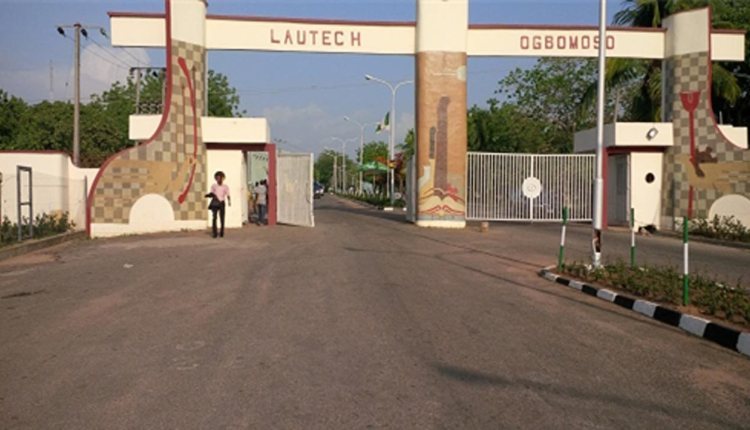The Trade Union Congress of Nigeria (TUC) has warned that Nigeria would require about $120 billion to construct its federal road network, an amount nearly four times the size of the country’s annual budget.
Speaking at the second edition of the TUC South-West Summit 2025 in Lagos on Monday, TUC President-General Festus Osifo referenced a 2013 study that placed the cost of building all federal roads at $120 billion. He noted that Nigeria’s current budget, estimated between $30 billion and $35 billion, is already committed to salaries, education, healthcare, defence, and other essential services.
“If constructing all our roads will cost $120bn, and the size of our budget is $30bn, it means we need four times our budget just to fix roads, without paying salaries, funding education, or providing healthcare,” Osifo said. “This is why we must grow our revenue base and stop pretending that oil alone can sustain this country.”
Osifo criticised successive administrations for failing to diversify the economy despite Nigeria’s potential in agriculture and solid minerals. He accused many political leaders of lacking initiative, saying, “Most of our political heads, from governors to local government chairmen, are relatively lazy. In some rural councils, you will not see the chairman until allocations arrive. We cannot continue with leaders who wait for monthly allocations before doing anything. They must think beyond the obvious and work for the people.”
He contrasted Nigeria’s revenue profile with that of smaller nations earning more from agriculture than Nigeria does from oil exports. “We have arable land, we have human capital, yet we leave them idle while relying on a single commodity that the world is steadily moving away from,” he said.
Representing Lagos State Governor Babajide Sanwo-Olu, Commissioner for Establishments and Training Afolabi Ayantayo agreed that the concerns raised by the TUC were valid. He called for stronger collaboration between government and organised labour and criticised the underutilisation of Nigeria’s diplomatic missions abroad, which he said should be more active in securing export markets for local goods.
“Collaboration is key. We must invest in skills development, fair wages, and policies that address inflation and the rising cost of living,” Ayantayo said. “In Lagos, we are committed to workers’ welfare and timely salary payments, but we also recognise the need to push productivity and innovation.”
The summit, themed Collaborate to Transform: Building Capacity for Regional Excellence and Workers’ Welfare, brought together labour leaders, government officials, and private sector experts to discuss strategies for economic growth in the South-West. Discussions covered agriculture, leadership, communication, emotional intelligence, and the role of artificial intelligence in the workplace.
Osifo added that the $120 billion road funding requirement reflects the scale of Nigeria’s infrastructure deficit and warned that without proactive and innovative leadership, the country would remain trapped in a cycle of inadequate budgets and underdevelopment.






